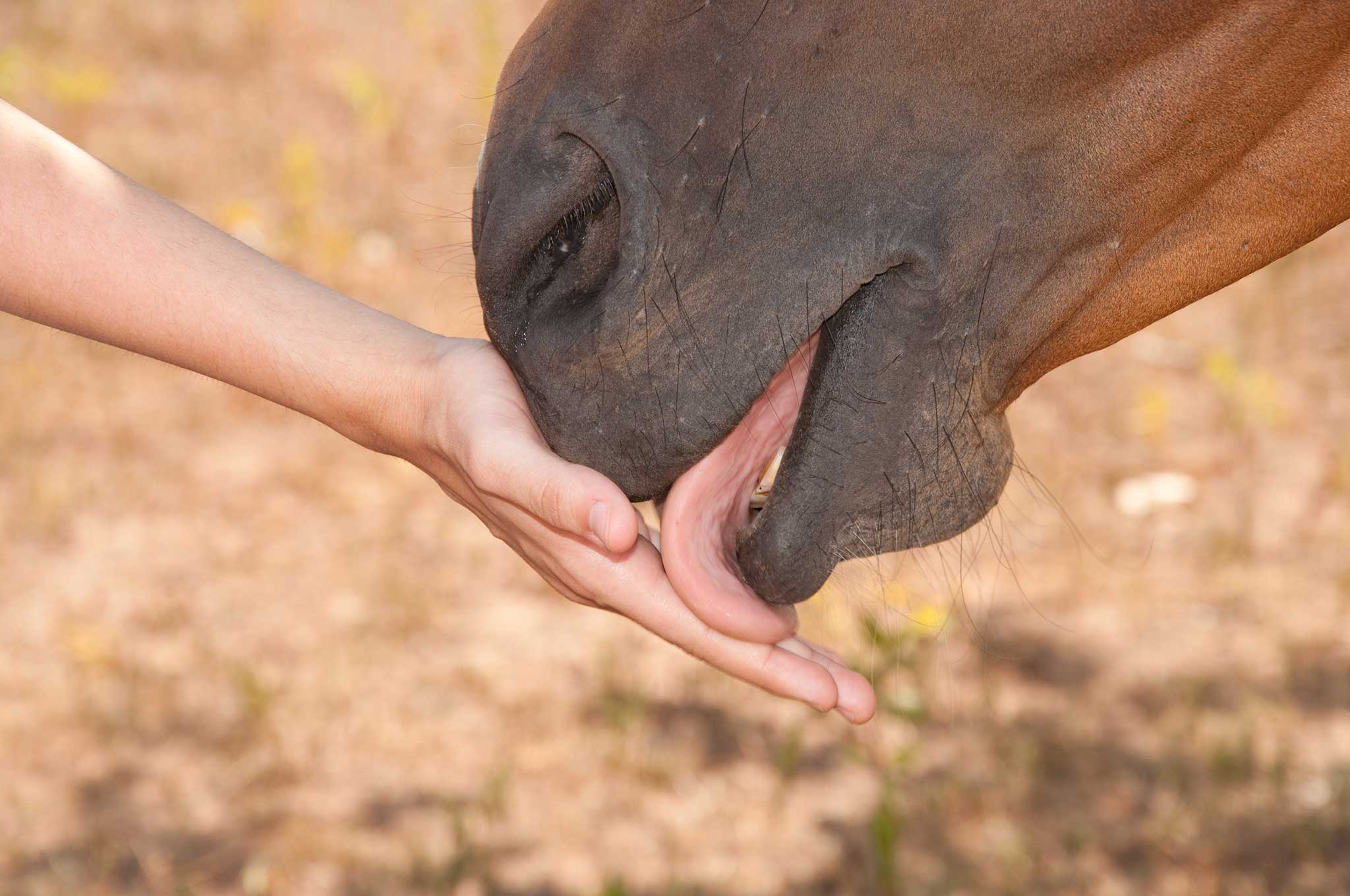
HORSE BODY CONDITION SCORE
The importance Assessing your horse’s physical condition and determining whether…
Feed and products in 25kg bags excluded
Bank transfer | Paypal | Credit cards
🚚 BE PREPARED: if you’re ordering more than 3 bags of feed, make sure to place your order by July 15th to receive them before the summer break. 🚚

What can you do to prevent* colics in horses?

Since the equine intestinal system is highly sensitive, horses are extremely likely to have colic, especially during season changes. Here are 3 tips to prevent such potentially severe disorder:
Lack of drinking water can lead to dehydration, which affects the digestive system. Dehydrated horses produce harder faeces and their intestinal transit is consequently slower. It is, then, fundamental to make sure your horse always has fresh clean drinking water at its disposal and that water doesn’t freeze inside the drinking trough during winter. Providing your horse with the proper amount of water is particularly significant during summer and long transports. But what if your horse doesn’t feel like drinking? If you notice that your horse tends not to drink enough water, feed him with highly liquid mashes, so that it will be forced to eat and drink simultaneously, or add some electrolytes providing salts of sodium (Na), chlorine (Cl), magnesium (Mg), calcium (Ca) and potassium (K) to its daily ration to stimulate thirst.
Diet directly affects your horse’s well-being and digestive tract, which is quite sensitive. Any change in diet could affect intestinal transit and, therefore, needs to be planned carefully. Consulting a nutritionist is, indeed, fundamental to re-examine your horse’s diet and any change should be done gradually over a 20-day period of time.
Providing probiotics during season changes can be very useful, for probiotics stimulate intestinal peristalsis and, therefore, help avoid intestinal stasis. Probiotics are, indeed, fundamental for intestinal well-being, for they keep intestinal flora healthy and alive, thus ensuring proper movement of food material through the intestines. If constipation is suspected, do not administer magnesium sulphate for, if there is an ongoing intestinal torsion, administering laxatives, such as magnesium sulphate, leads to a worsening of the clinical picture.

The importance Assessing your horse’s physical condition and determining whether…

Is your horse in good shape? Assessing your horse’s physical…

If you have ever walked through the stables or along…

Colic is one of the most common and delicate issues in horse care.

Thanks to its anti-inflammatory, anti-oedemigenous and pain-relieving properties, it is perfect for protecting horses’ osteoarticular well-being.

The use of clay dates back to very ancient times and even today it has not lost its fame as a natural remedy with a thousand uses.